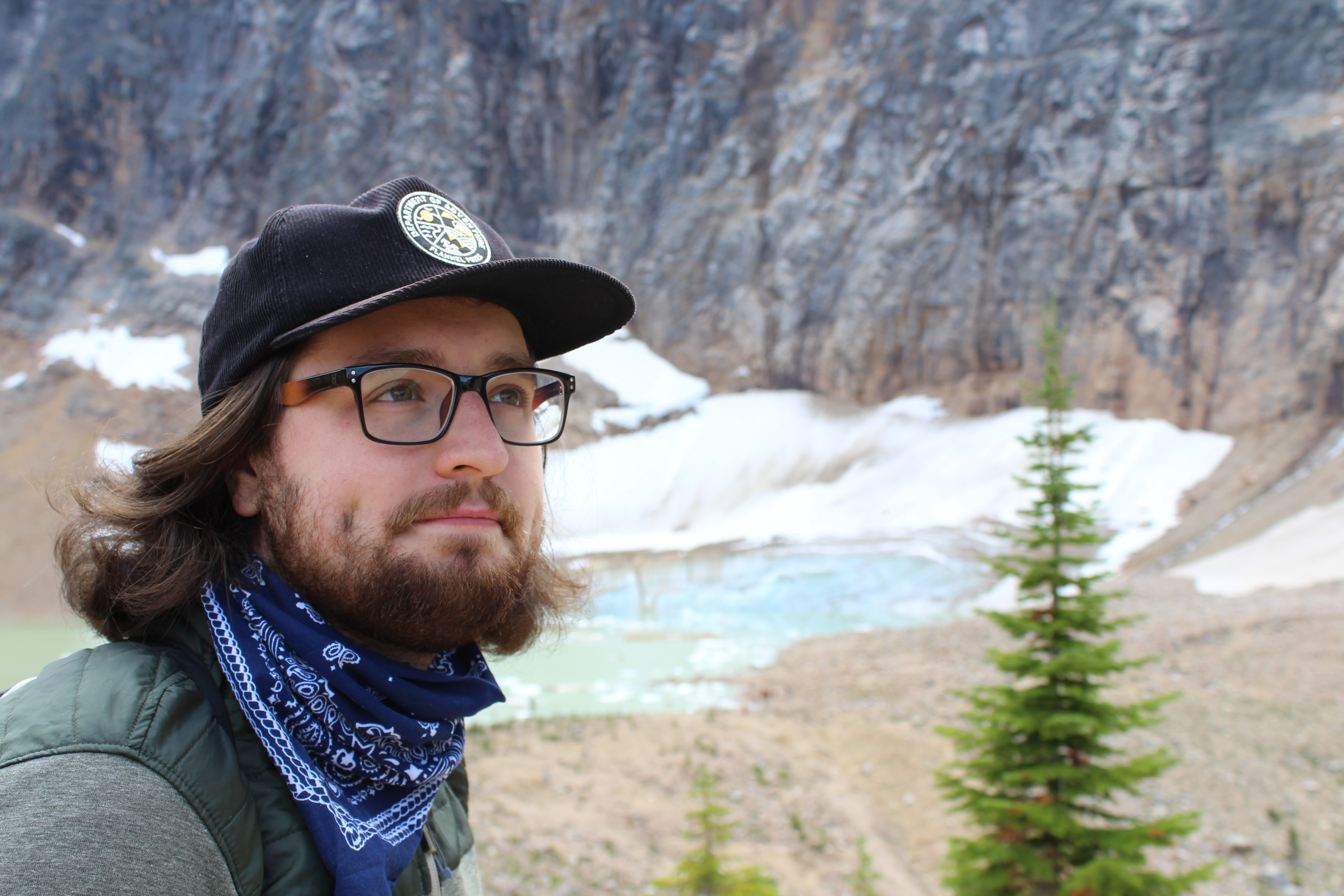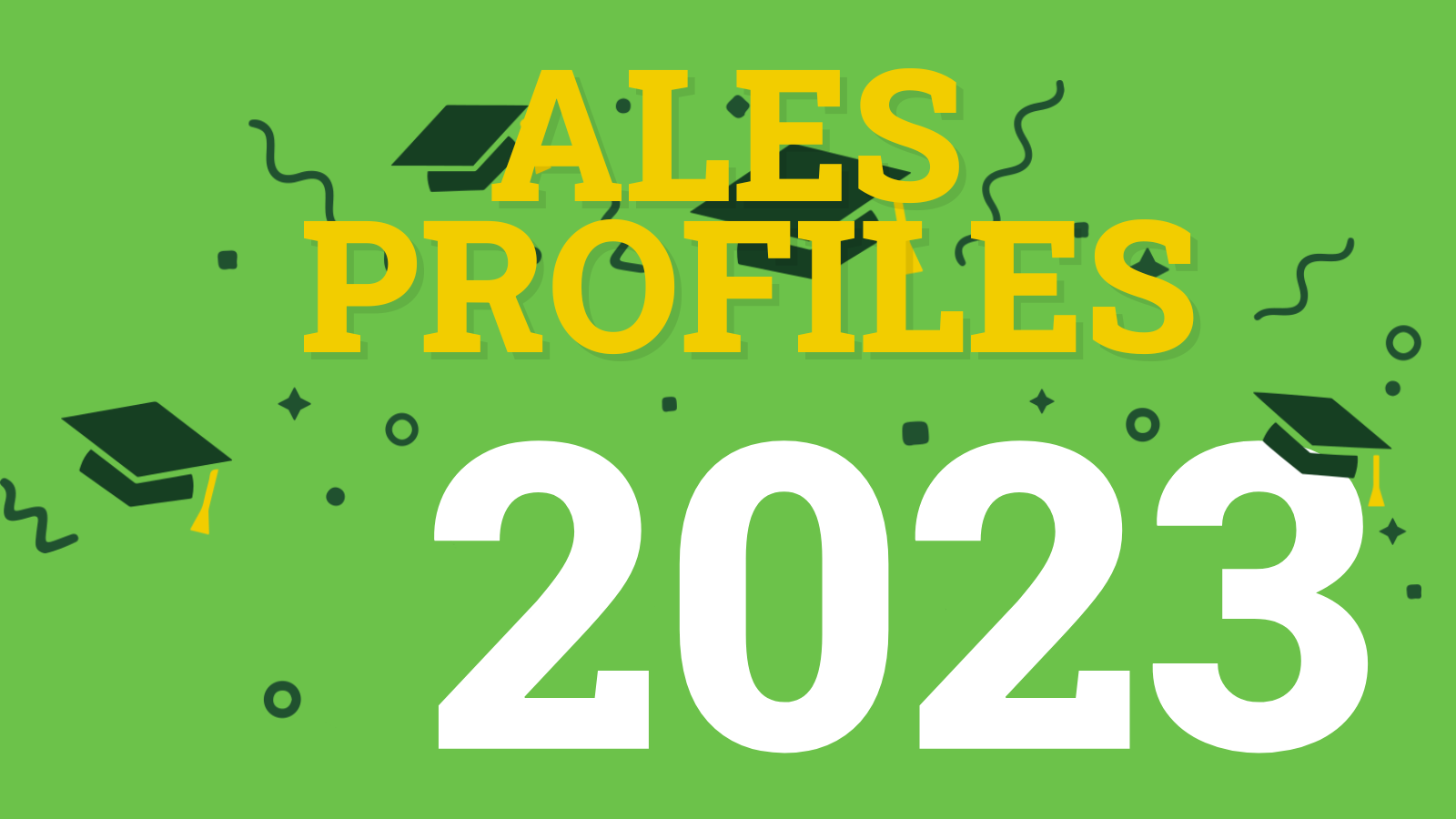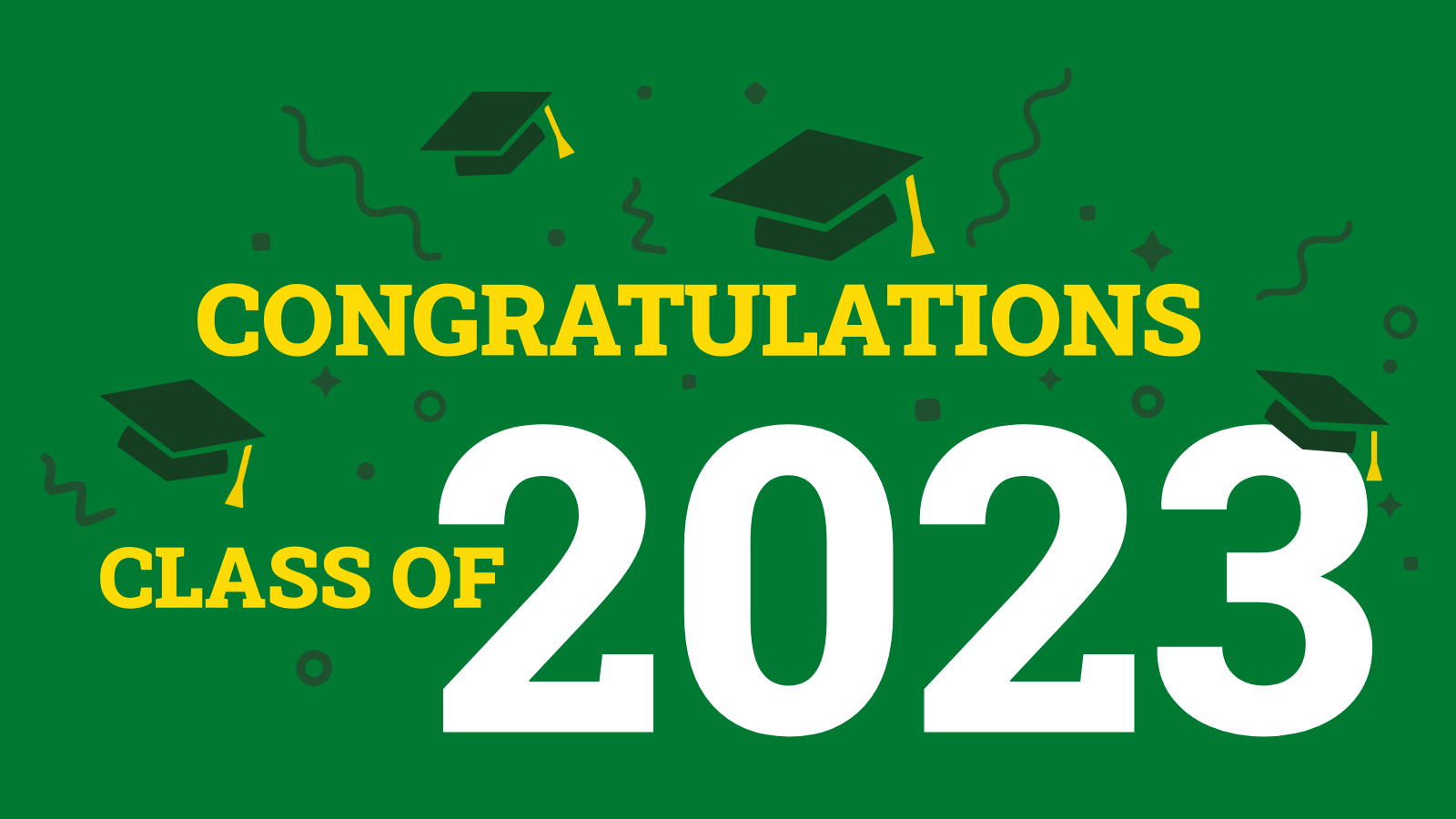Convocation ‘23: William (Will) Holowaychuk, MAg in Agricultural & Resource Economics
Donna McKinnon - 20 November 2023
Will Holowaychuk’s rural upbringing on a mixed family farming operation in Alberta fueled his desire to continue his education and look for career opportunities within agriculture that would draw on his passion for farming and his background in commerce.
The Masters in Agriculture program in agricultural and resource economics was a perfect fit, says Will, providing the academic coursework and experience that would prove to be challenging at times, but would ultimately lead to growth on a personal and professional level.
Now employed as a policy analyst with Alberta Canola, Will is putting his diverse experiences and training to work advocating for the long term environmental sustainability and economic viability of the agricultural industry.
Congratulations Will!
What led you to choose your current area of study, and why the U of A for your studies?
Growing up around a fifth generation family farm in north central Alberta meant that agriculture would always be a part of my life. After growing and developing in my previous career ventures, I began to realize there were opportunities to engage my life-long passion for farming and agriculture in ways that would benefit the long term environmental sustainability and economic viability of the industry.
What is one of your favourite memories from your time at the U of A?
It’s tough to name one, but time and time again my favourite memories of my grad studies were the debates and discussions amongst fellow students and our faculty members after one of the many intriguing research seminars.
Tell us about your favourite professor and/or class.
It was an absolute privilege to learn and be pushed by Professor Emerita Ellen Goddard. I was fortunate enough to work with Dr. Goddard on multiple research projects over my time in the department and to take a couple of courses in grad school, in particular her Cooperatives and Alternative Business Models. Dr. Goddard is a human encyclopedia when it comes to agricultural cooperatives and every class I would come away grateful to be overwhelmed by the knowledge and information she would share.
Did you take on any leadership roles while you were a student?
I am a vice-chair of REESSA (Resource Economics and Environmental Sociology Students’ Association). It was delightful to help enable social experiences and build camaraderie among the students in our department.
Did you face any significant obstacles or challenges during your program?
Every week there would be challenges in my coursework and research that would push me beyond what I thought I could possibly achieve. However, I reminded myself that grad school is a unique time in life that is supposed to push you to grow and develop. Reflecting on that perspective and leaning on my support network from time to time helped ensure I was able to make it through the program.
What advice do you have for current and future students?
Try to remember that your university education is supposed to push you — to enable growth and development. It’s the skills and personal growth that comes from the challenges you face in university that will help you develop into better iterations of yourself.
Also try to embrace your time in university. It is a unique point in your life, and most people don’t realize it until it has passed you by.
How do you plan on celebrating convocation?
I will take a moment of reprieve from grower engagement meetings with canola producers across Canada to celebrate with close friends and family.
What's next after graduation?
Getting back to work with Alberta Canola as a policy analyst, advocating for the long term environmental sustainability and economic viability of the agricultural industry.


